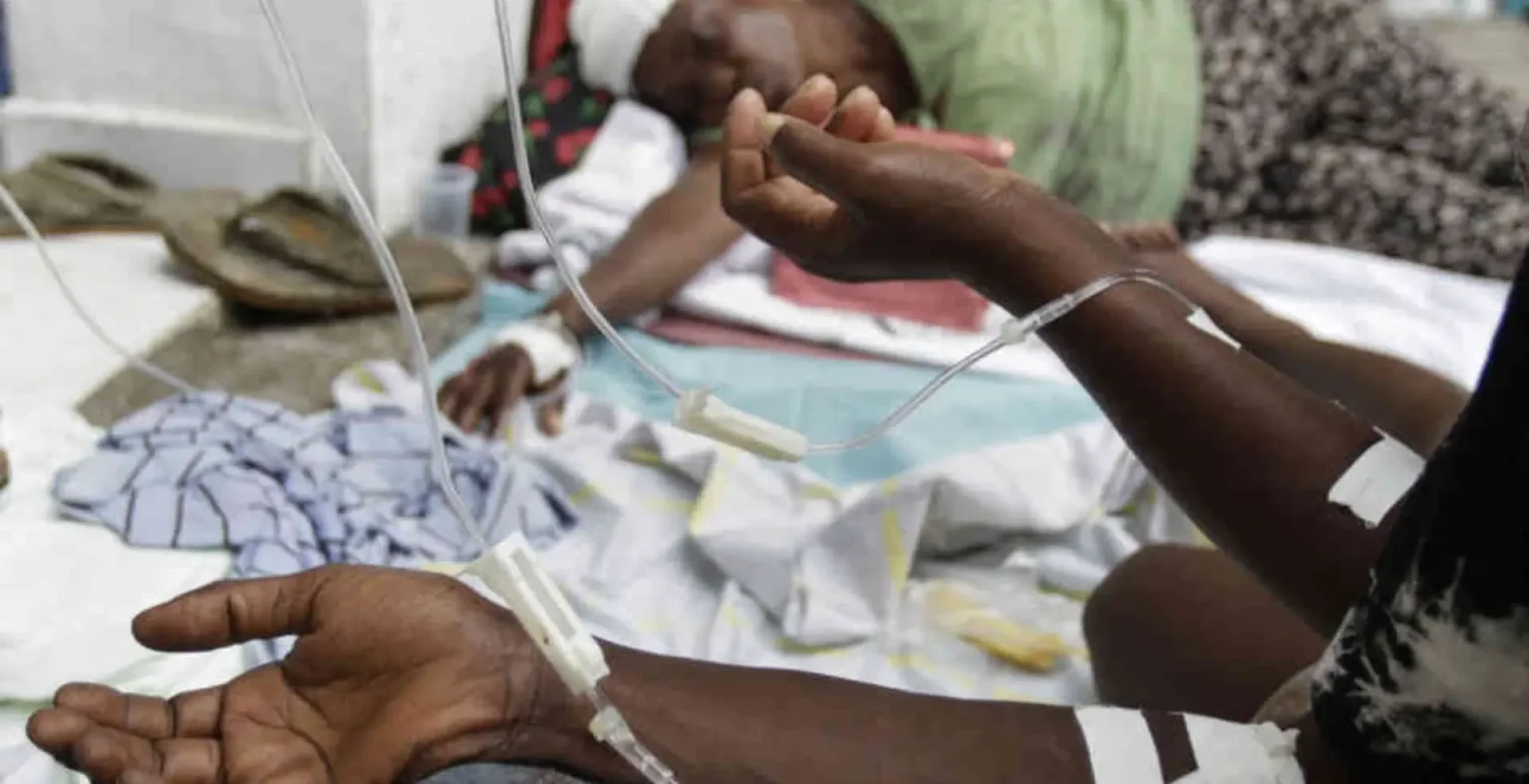The escalating cholera outbreak in Ghana has prompted a swift response from the Ministry of Health and the Ghana Health Service (GHS), culminating in the launch of a large-scale vaccination campaign targeting over 300,000 residents in the capital city of Accra. Commencing on February 14th, this initiative aims to bolster immunity against the disease and curb its relentless spread, which has already impacted five regions across the country, including Greater Accra, Eastern, Central, Ashanti, and Western. With over 4,000 reported cases and more than 40 fatalities, the outbreak underscores the urgent need for comprehensive intervention to protect vulnerable populations. The campaign represents a critical step in the national response, leveraging oral cholera vaccines (OCV) to establish a crucial line of defense, particularly in communities grappling with limited access to clean water and sanitation.
The decision to prioritize vaccination in Accra reflects the city’s vulnerability to the rapid transmission of cholera, given its dense population and existing challenges in sanitation infrastructure. Cholera, a highly contagious bacterial infection, thrives in environments with poor sanitation and inadequate access to clean drinking water. Contaminated food and water serve as primary vectors for the disease, leading to severe diarrhea, dehydration, and, if left untreated, potentially fatal outcomes. The ongoing outbreak highlights the critical intersection of public health and socioeconomic factors, as marginalized communities often bear the brunt of such infectious diseases due to limited resources and infrastructure. By focusing vaccination efforts in Accra, health authorities aim to interrupt the chain of transmission and protect those most at risk from the devastating consequences of cholera.
The oral cholera vaccine (OCV) employed in this campaign plays a vital role in offering short-term protection against the disease. Administered orally, the vaccine stimulates the immune system to produce antibodies that target the cholera bacteria, reducing the risk of infection and severe illness. While the vaccine’s protection is not lifelong, it provides a crucial window of immunity, especially in settings where access to clean water and sanitation remains a challenge. This targeted approach recognizes the limitations of long-term solutions and prioritizes immediate intervention to mitigate the ongoing outbreak. The OCV’s ease of administration also makes it particularly suitable for mass vaccination campaigns, allowing health workers to reach a larger population in a shorter time frame.
The current cholera outbreak in Ghana underscores the critical need for sustained investments in public health infrastructure and sanitation improvements. While the vaccination campaign provides immediate protection, addressing the root causes of the outbreak is essential for long-term disease control. This includes enhancing access to safe drinking water, improving sanitation facilities, and promoting hygienic food handling practices. The link between poor sanitation and the spread of cholera is undeniable, highlighting the importance of integrated approaches that address both immediate health needs and underlying structural issues. Sustainable solutions require collaborative efforts involving government agencies, non-governmental organizations, and community stakeholders to create lasting positive change.
Beyond immediate interventions, the outbreak serves as a stark reminder of the importance of health education and community engagement. Raising public awareness about cholera transmission, prevention strategies, and the importance of seeking timely medical care is crucial for containing the spread of the disease. Community health workers play a vital role in disseminating accurate information, dispelling myths, and promoting healthy behaviors. Empowering communities with knowledge and resources enables them to take ownership of their health and contribute to a more resilient public health landscape. Education campaigns should emphasize the importance of handwashing, safe food preparation, and proper waste disposal as key preventive measures.
The ongoing collaboration between the Ministry of Health and the Ghana Health Service exemplifies a crucial partnership in responding to this public health crisis. Their coordinated efforts in implementing the vaccination campaign, coupled with ongoing surveillance and disease management strategies, demonstrate a commitment to protecting the health and wellbeing of the Ghanaian population. However, sustained efforts are needed to address the systemic challenges that contribute to the recurrence of cholera outbreaks. By investing in long-term solutions, including improved sanitation infrastructure, strengthened health systems, and robust community engagement, Ghana can pave the way for a future free from the threat of cholera and other preventable diseases. This collaborative approach, combined with a commitment to addressing the underlying causes of the outbreak, is crucial for achieving lasting public health security.














